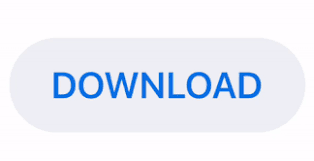

Instead, he says, an experienced organization will “anchor its work with a petition, but then it is up to the campaigner to design a strategy.” “Signing a petition to end nuclear war or to solve climate change is pointless,” says Jason Mogus, a strategist and founder of NetChange Consulting. Savvy organizations that launch online petitions will have what digital campaigners (and those who study them) call a credible “Theory of Change.” “There is an artistry, a skill and a science to this, and not every petition is going to be well-formed or well thought-out.” “In the current digital moment, e-petitions allow us to collect signatures more quickly and spread information faster.” But as the barriers to entry get lower, more petitions - good and bad - pop up in email, on Facebook and in Twitter feeds.īut don’t dismiss the good with the bad, says Karpf. “Those petitions alone were not going to achieve change, but they were a useful first step,” says Karpf. Online petitions aren’t so different from their paper predecessors of the past, when clipboard-bearers collected signatures and handed them to legislators.

They can spur additional action and raise money.Ī petition for peace signed by 350,000 school children was presented to Secretary of State William Jennings Bryan in 1915 to send to the leaders of the warring European nations.They build a list of people who are interested in an issue.They tell the media there is enough public attention to do a story.They can send a signal of public opinion to a decision maker.Online petitions are a tactic that have been used in many successful campaigns, from stopping the Keystone XL Pipeline to preserving net neutrality.ĭave Karpf, a professor at George Washington University and author of The MoveOn Effect: The Unexpected Transformation of American Political Advocacy, says online petitions are an early-stage political tactic that help build a broader campaign and serve a number of purposes: signing an online petition or joining a campaign group on a social media website or application. Actions performed via the internet in support of a political or social cause but regarded as requiring little time or involvement, e.g. Short answer: It turns out many people are studying digital activism - writing papers, holding conferences, generating digital business models and coining terms like “slactivism.” There’s even a definition in the Oxford English Dictionary: I’d like to know if they actually make a difference. “Has anyone examined whether the four to five petitions people like me sign online every day have any effect at all on legislators, corporations, etc., to whom they are directed? Of course I know many of them are just another way to get donations but the issues and problems they address are real.


 0 kommentar(er)
0 kommentar(er)
